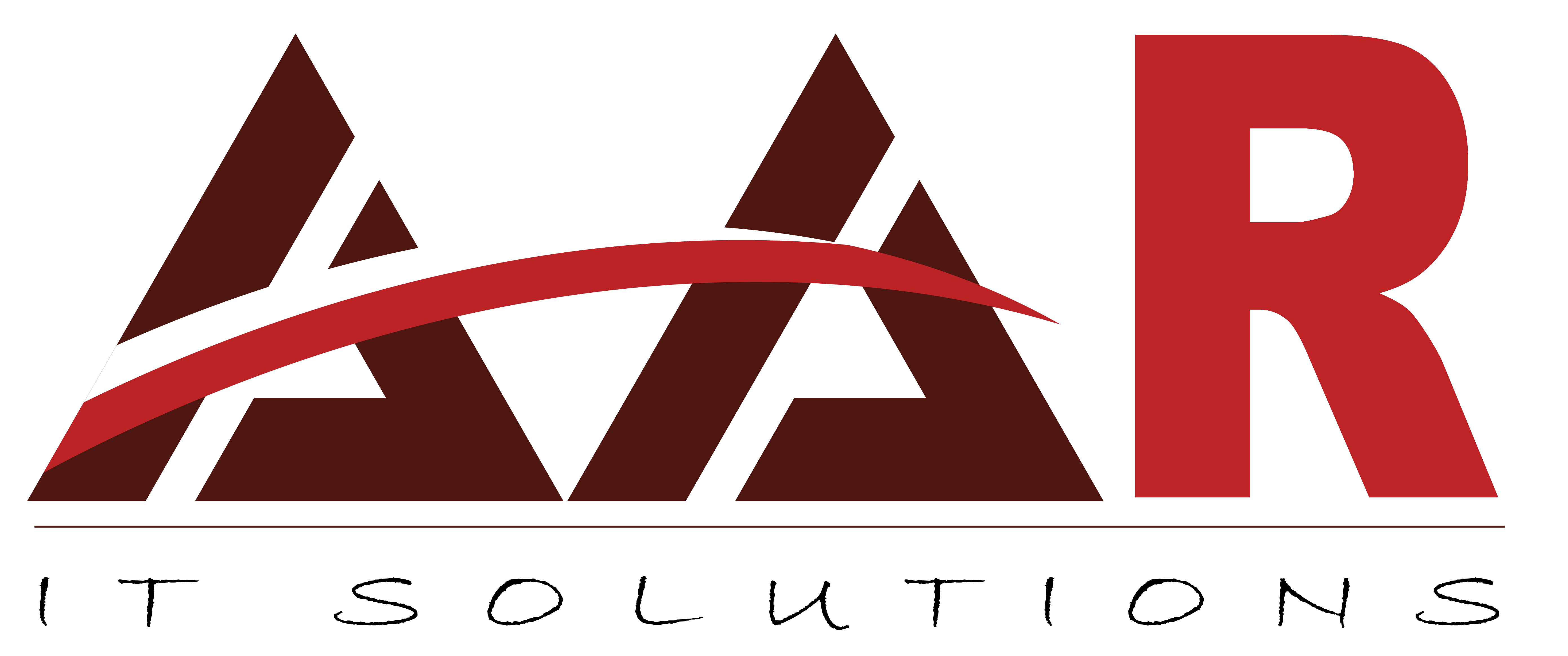Sometimes the best methods to tackle any tasks are the simplest ones. You know that you need to keep your website safe from the bad guys, but once you venture down the rabbit hole of website vulnerabilities, you will be faced with complex concepts and convoluted solutions. Still, there are basic best practices to follow for improving your website’s security. Here are eight essential things that you can do to safeguard your website right now:
1. Keep your Software Up-to-Date
It is crucial to keep all platforms or scripts you’ve installed up-to-date. Hackers aggressively target security flaws in popular web software, and the programs need to be updated to patch security holes. It is important to maintain and update every software product you use.
2. Enforce a Strong Password Policy
It is important to use strong passwords. Hackers frequently utilize sophisticated software that use brute force to crack passwords. To protect against brute force, passwords should be complex, containing uppercase letters, lowercase letters, numerals, and special characters. Your passwords should be at least 10 characters long. This password policy should be maintained throughout your organization.
3. Encrypt your Login Pages
Use SSL encryption on your login pages. SSL allows sensitive information such as credit card numbers, social security numbers, and login credentials to be transmitted securely. Information entered on a page is encrypted so that it’s meaningless to any third party who might intercept it. This helps to prevent hackers from accessing your login credentials or other private data.
4. Use a Secure Host
Choosing a secure and reputable web hosting company is very important to your website security. Make sure the host you choose is aware of threats and devoted to keeping your website secure. Your host should also back up your data to a remote server and make it easy to restore in case your site is hacked. Choose a host who offers ongoing technical support whenever necessary. CommonPlaces offers secure, reliable hosting for our customers.
5. Keep your Website Clean
Every database, application, or plugin on your website is another possible point of entry for hackers. You should delete any files, databases, or applications from your website that are no longer in use. It is also important to keep your file structure organized to keep track of changes and make it easier to delete old files.

